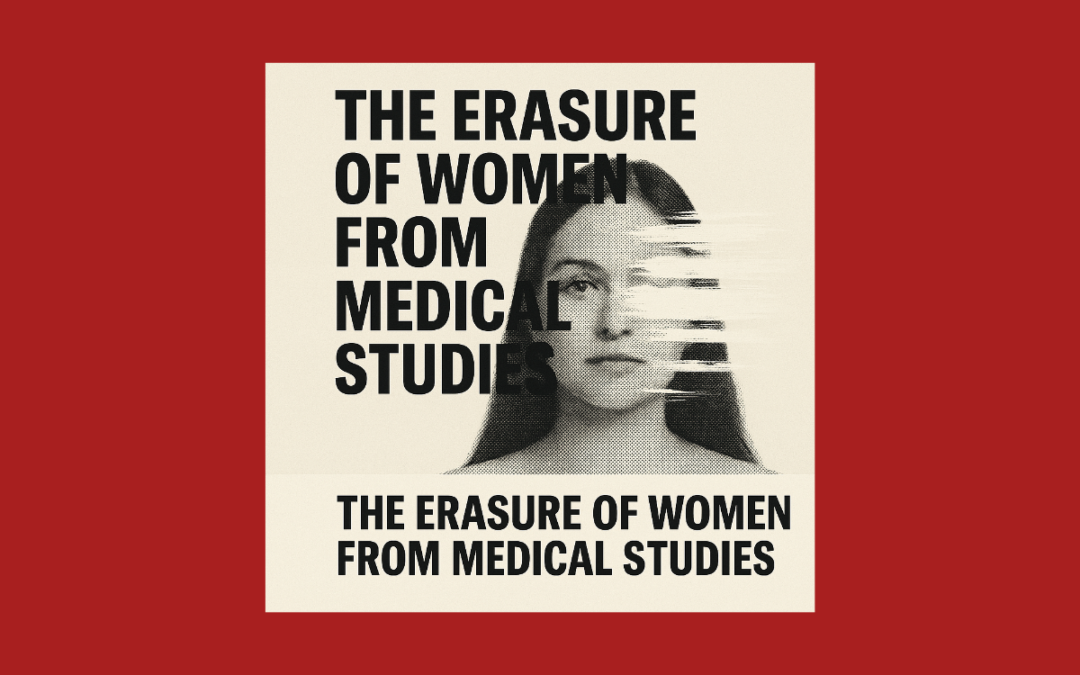Who’s Standing in the Way of Women’s Health Progress?
The health and well-being of women, especially during menopause and beyond, are under attack. Federal funding cuts have become a wrecking ball for critical research focused on women’s health issues, halting progress in areas that matter most to us. We’re talking about conditions like uterine fibroids, endometriosis, pregnancy complications, and even menopause itself. Who’s behind this setback? The Trump administration, with its policies targeting research that acknowledges gender and diversity, is the enemy of progress here.
Critical Research Lost, Lives at Stake
Imagine dedicating your career to solving a health mystery like uterine fibroids, which affect up to 77% of women as they age, only for your funding to be yanked away. That’s the reality for many researchers right now. Careers are being dismantled, labs are closing their doors, and studies that could bring us answers about menopausal health, pregnancy-related risks, and mental health are being obliterated. Why? Because acknowledging the unique challenges women face apparently isn’t a priority.
Stop Them from Turning Back the Clock
It wasn’t even 50 years ago that clinical trials outright excluded most women, leaving us with medications and treatments designed for men. These cuts could drag us back to those times, undoing decades of work aimed at making healthcare inclusive for women and marginalized groups. Striking down funding for research on Alzheimer’s in LGBTQ+ adults, menopause treatments, or pregnancy-related dangers doesn’t just affect the women and families today; it sabotages health outcomes for future generations.
What Happens if We Do Nothing?
These funding cuts don’t just stall progress; they create dangerous gaps. If research into menopausal treatments disappears, we’ll be stuck guessing how to address hormone shifts, hot flashes, and bone health. If uterine fibroids and endometriosis studies fade away, women will continue to suffer unnecessarily, stuck with subpar treatment options. The next generation of scientists, disillusioned, may abandon the field altogether.
This Is an Attack on Us All
The rhetoric is clear, thinly veiled, and deeply harmful. By targeting research grants because they include words like “women,” “trans,” or “diversity,” they’re saying our health issues don’t matter. This message excludes millions of women and gender-diverse individuals from the promise of better care. It’s unacceptable.
The Fight’s Not Over
There is hope. Private organizations, forward-thinking policymakers, and even global initiatives are rallying to keep the fire alive for women’s health research. But we must stay vigilant. We have to demand action, connect our outrage to advocacy, and refuse to allow anyone to sideline our health or devalue our lives. We’ve come too far to go back now.
This war on women’s health must be called out for what it is, and together, we can ensure the enemy doesn’t win.
Help Protect the Future of Women’s Health
If this issue matters to you, don’t scroll away in silence — be part of the movement.
Join the effort to push back against the erasure of women’s health in research and policy. Get updates, actions you can take, and stories that keep this conversation going — because staying informed is the first step toward lasting change.
Subscribe to the Newsletter
When funding disappears, so do answers, options, and outcomes.
Together, we can keep women’s health research alive and growing.
Sources
19th News: This article highlights the impact of federal funding cuts on women’s health research, including studies on uterine fibroids, menopause, and pregnancy risks. It also discusses the broader implications of these cuts on gender-focused health advancements.
PBS NewsHour: This source corroborates the details about the Trump administration’s restrictions on research funding that includes terms like “women” and “diversity” and the resulting setbacks in health research.
New York Attorney General’s Office: This lawsuit against the Trump administration provides additional context on the legal challenges to the funding cuts and their impact on critical medical research.
